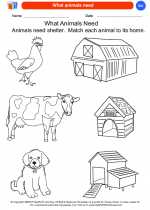Muscles
Muscles are a type of soft tissue in the human body that have the ability to contract and produce force and motion. They play a crucial role in the movement of our body and help in maintaining posture, stability, and generating heat. There are three main types of muscles: skeletal, smooth, and cardiac.
Skeletal Muscles
Skeletal muscles, also known as striated muscles, are attached to the bones by tendons. They are under voluntary control, meaning we can consciously control their movement. Skeletal muscles are responsible for movements such as walking, running, and lifting objects.
Smooth Muscles
Smooth muscles are found in the walls of internal organs such as the stomach, intestines, and blood vessels. They are not under voluntary control and are responsible for involuntary movements such as peristalsis in the digestive system and regulating blood flow.
Cardiac Muscles
Cardiac muscles are found in the heart and are responsible for pumping blood throughout the body. They are also not under voluntary control and have unique properties that allow them to contract rhythmically without getting tired.
Study Guide
- What are the three main types of muscles?
- Which type of muscle is responsible for voluntary movements?
- Where are smooth muscles found in the body?
- What is the function of cardiac muscles?
- Can you give examples of voluntary and involuntary movements controlled by muscles?
[Muscles] Related Worksheets and Study Guides:
.◂Science Worksheets and Study Guides Kindergarten. All About Animals
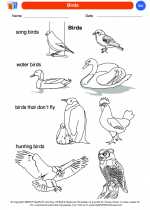
 Coloring Worksheet
Coloring Worksheet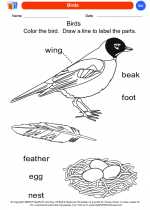
 Coloring Worksheet
Coloring Worksheet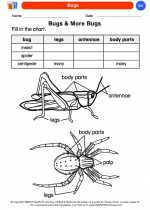
 Coloring Worksheet
Coloring Worksheet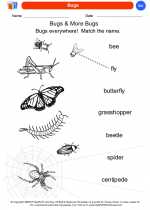
 Coloring Worksheet
Coloring Worksheet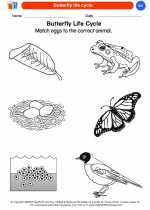
 Coloring Worksheet
Coloring Worksheet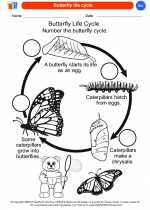
 Coloring Worksheet
Coloring Worksheet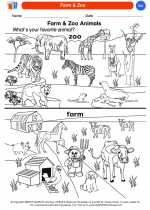
 Coloring Worksheet
Coloring Worksheet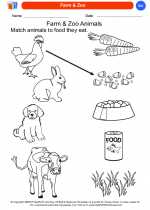
 Coloring Worksheet
Coloring Worksheet
 Coloring Worksheet
Coloring Worksheet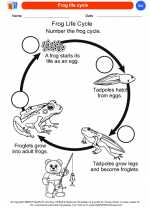
 Coloring Worksheet
Coloring Worksheet
 Coloring Worksheet
Coloring Worksheet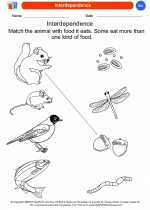
 Coloring Worksheet
Coloring Worksheet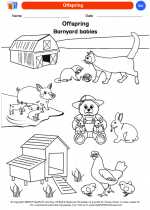
 Coloring Worksheet
Coloring Worksheet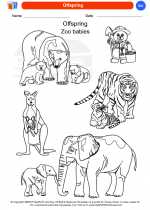
 Coloring Worksheet
Coloring Worksheet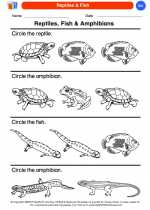
 Coloring Worksheet
Coloring Worksheet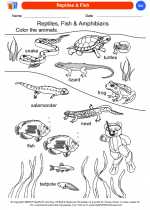
 Coloring Worksheet
Coloring Worksheet
 Coloring Worksheet
Coloring Worksheet